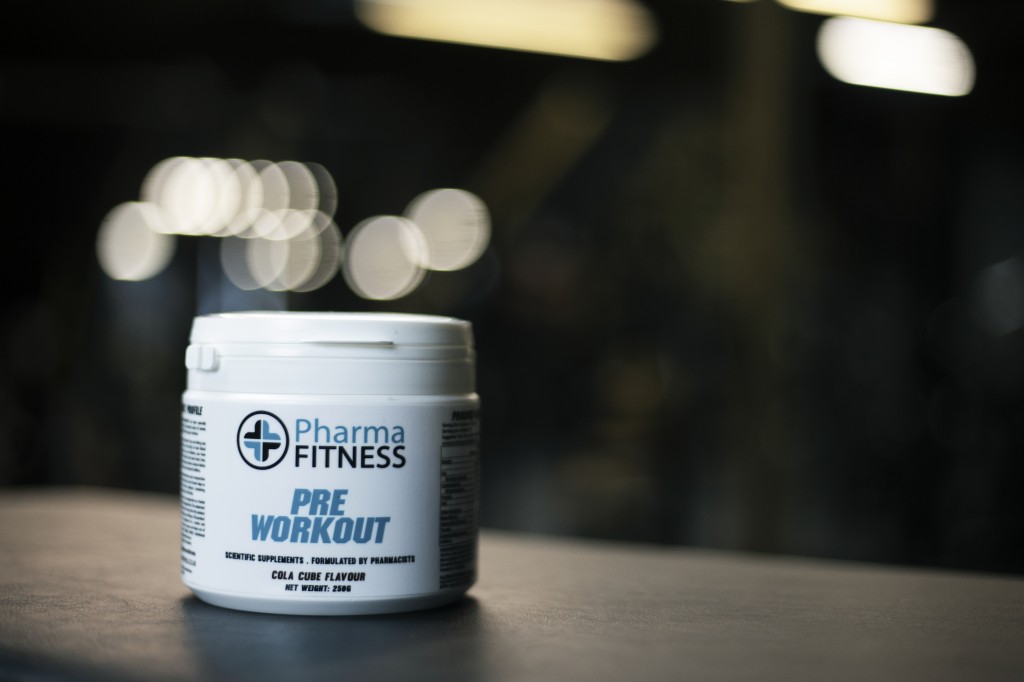Proprietary blends: Myths and facts separated.
proprietary
/prəˈprʌɪət(ə)ri/
adjective
adjective: proprietary
- relating to an owner or ownership.
("the company has a proprietary right to the property")
- (of a product) marketed under and protected by a registered trade name.
("proprietary brands of supplements")
Whilst selecting your latest tub of pre-workout, you may have noticed some of the labels mentioning the term “Proprietary blend” or “Matrix”. All the promotional material is telling you that your body needs this just before your intense workout, but, have you ever thought about what they actually contain? Let’s find out what a proprietary blend is and discuss whether it deserves a spot in your supplement stack.

What is a proprietary blend?
As mentioned above, the dictionary definition of proprietary relates to ownership of something. In the context of supplements, this ownership relates to a mixture of ingredients, which have been blended by a company, in specific ratios to produce an optimised product.
Supplement companies that use this term want you to believe it means that the amount of creatine, beta-alanine and other ingredients that they have included in their pre-workout blend is in a combination that they have spent years formulating to get the precise amounts of each ingredient to deliver the best product on the market. And that the precise formula that they meticulously produced is so secretive that they don’t want other supplement companies ripping them off and creating their own version.
In reality, “proprietary blend” means that some companies don’t want you to know how little of each ingredient they put in their formula. Instead of listing the quantity of each ingredient so that you can be sure they are in effective doses, they hide insignificant doses behind the term “proprietary blend,” hoping that customers accept their formula. This allows them to reduce ingredient costs and inflate profit margins, leaving the consumer with a sub optimal product that produces little actual results.
By using a product that does not list the quantity of each ingredient per dose (and instead lists quantities under a proprietary blend) means that you are placing your trust in the company who produces that supplement. The supplement industry is becoming increasingly crowded, and many companies will have products that contain proprietary blends, however our suggestion would be to stick to those that don’t hide their ingredients.
To put this into context, would you ever consider buying a protein powder that doesn’t list how much protein is in one serving? No? That’s because you know that you need a certain amount of protein before and after workouts as well as throughout the day to maximise tissue repair and muscle development. So why wouldn’t you want to know precisely how much creatine and beta-alanine you are taking in your pre-workout? These ingredients are also required at certain concentrations within the body to be effective.
Taking a product that doesn’t list the doses of its ingredients not only makes it impossible for you to determine the effectiveness of that product, but it makes it impossible to work that product in with the other supplements that you also take. This can become an issue in the case of caffeine.
Suppose you happen to be taking a fat burner with caffeine in it and a pre-workout that also contains caffeine. However both products list a proprietary blend with no dose of caffeine given.
If both contain “150 mg of caffeine per serving or less”, then taking them both before workouts would be beneficial to your performance in the gym. However, if both products contained more than 300 mg of caffeine per dose, then we would advise you to not take them together. This is because at doses over 500mg of caffeine, people are more likely to experience side effects associated with over consumption as opposed to the benefits. In instances like this, we feel that proprietary blends not only cheat the consumer, but they are irresponsible and can actually cause harm, it is therefore important to know what you are consuming and avoid proprietary blended products if possible.









